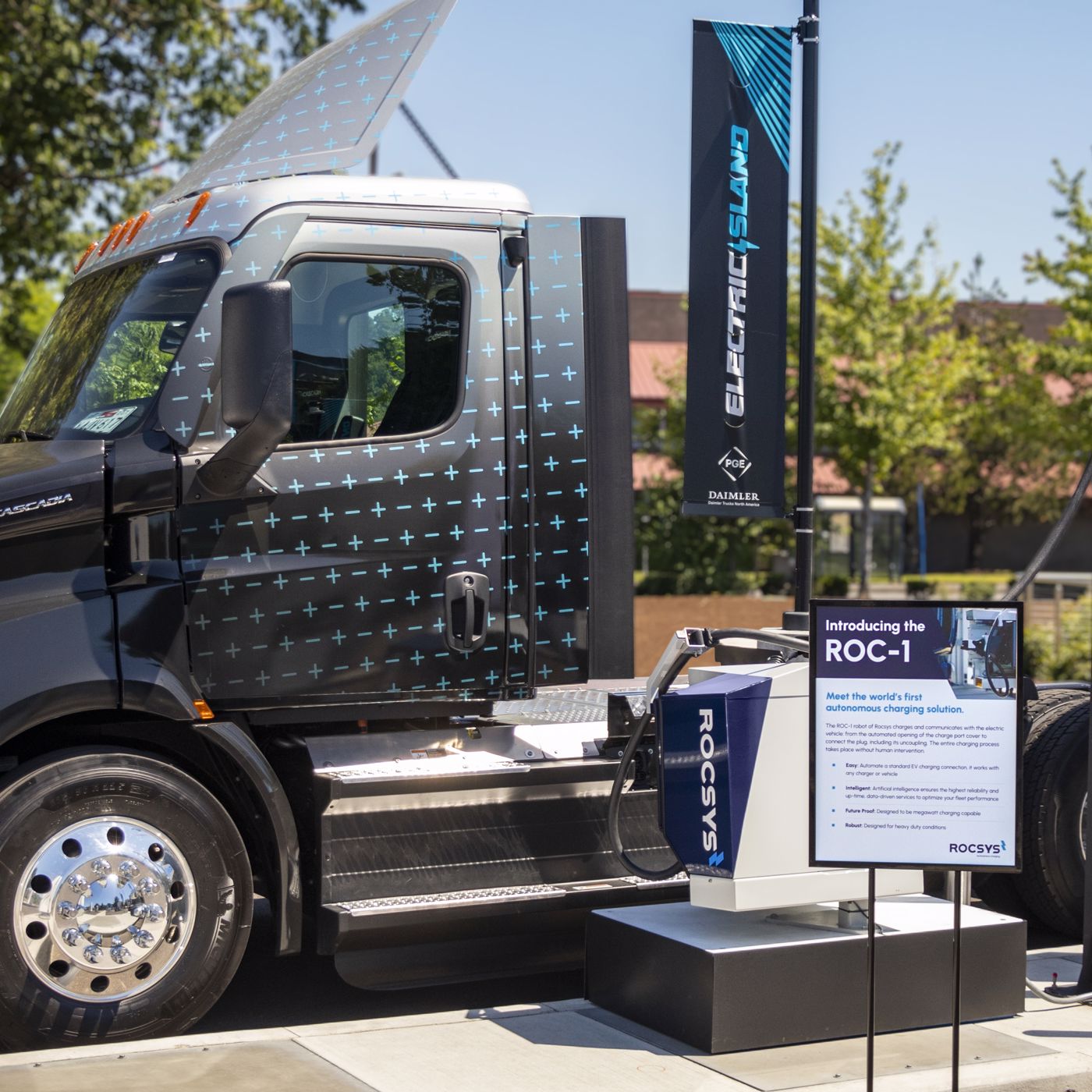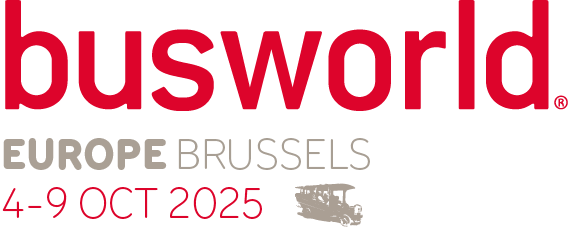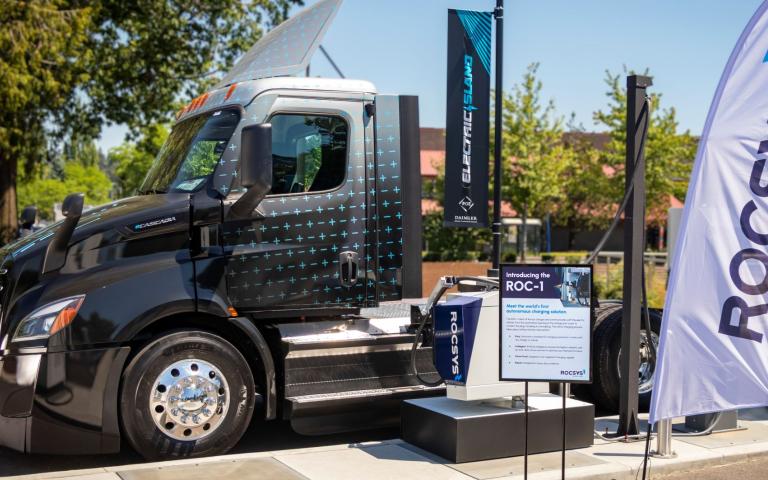Rocsys, the world’s first provider of autonomous charging solutions powered by robotics and artificial intelligence, will demonstrate autonomous charging at Electric Island in Portland (US), America's first public charging station for commercial and heavy vehicles. Rocsys’ live deployment at Electric Island showcases robotic charging for EV drivers and EV fleet customers. This public demonstration will show autonomous charging of a Class 8 Freightliner eCascadia at an on-site high-power DC fast charger.
Robotic, autonomous charging enables dependable and fast charging while also reducing the wear and tear on charging cables and connectors. Rocsys solutions work in combination with any high-power DC charging station that uses a CCS-1 charging connector, thus allowing autonomous charging with existing charging equipment. Electric Island was created to accelerate the development, testing and deployment of zero emissions commercial vehicles. The existing site provides 12 charging stations with power
levels up to 200kW. Additional charger installations are envisioned for the site using the Megawatt Charging Standard, which could provide a total connected load approaching five MW of capacity. Electric Island is a joint development between Daimler Truck North America and Portland General Electric and is the first-of-its-kind public charging station for medium- and heavy-duty electric commercial vehicles in the United States.

Rocsys is an international venture-funded company based in the Netherlands with US operations based out of Portland, Oregon. Rocsys introduces autonomous charging to Electric Vehicle (EVs) fleets. By combining robotics, computer vision, and data-driven services, Rocsys ensures that EV charging is reliable, seamless, and cost-effective. Portland General Electric (NYSE: POR) is a fully integrated energy company based in Portland, Oregon, with operations across the state. The company serves approximately 900,000 customers with a service area population of 2 million Oregonians in 51 cities.

